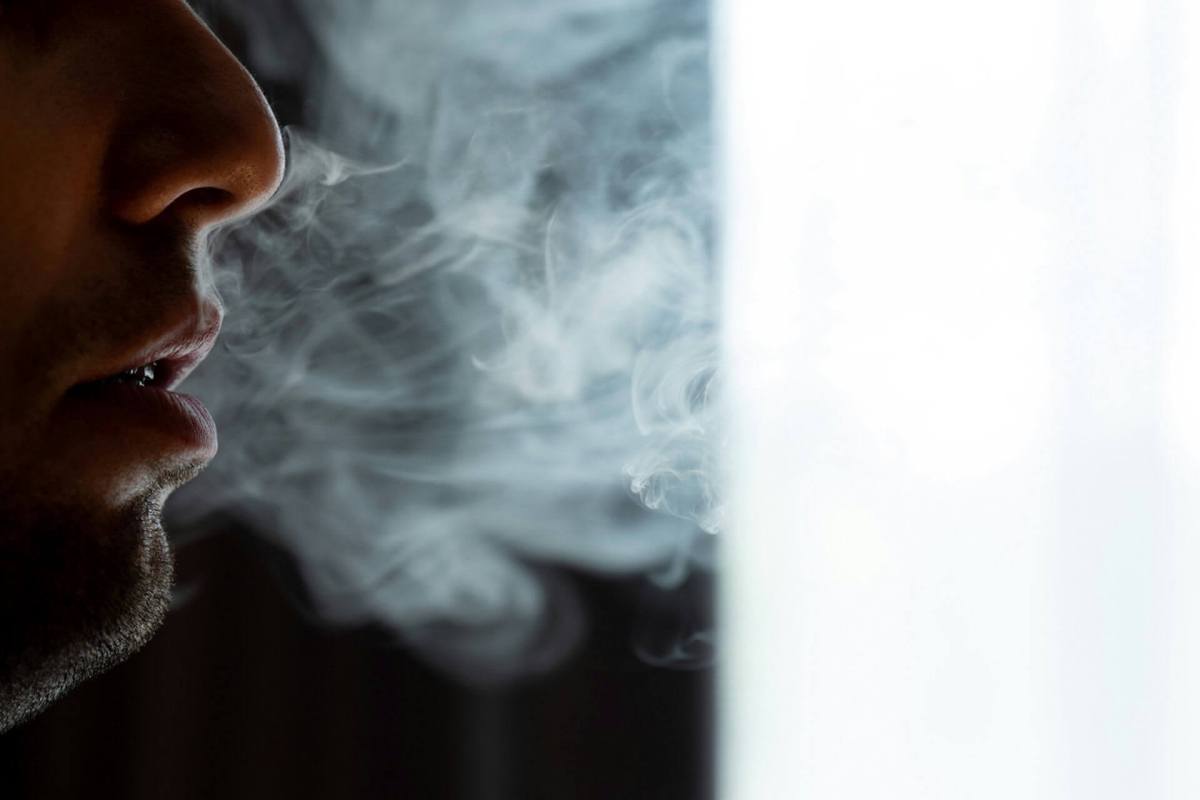For decades, tobacco companies misled the public about the dangers of their products, engaging in multipronged PR campaigns and spreading disinformation.
Today, nicotine and smoking are widely acknowledged to be addictive, and cigarettes are known to cause cancer. But it took years to expose these truths, all while massive tobacco corporations profited from the harm they caused.
In a striking new report titled "Cooking with Smoke: How the Gas Industry Used Tobacco Tactics to Cover up Harms from Gas Stoves," the Public Health Law Center has revealed how Big Tobacco's playbook of deception was also used to convince the public that gas stoves are safe.
The beginning of the gas stove fight
While news coverage on the potential dangers of gas stove pollution has recently picked up, researchers have been trying to sound the alarm since at least the 1970s.
Early studies conducted by the Environmental Protection Agency were primarily focused on investigating the health impacts of nitrogen dioxide (NO2) pollution from gas stoves.
After it was determined that such NO2 exposure could cause or worsen asthma and other respiratory problems, the American Gas Association (AGA), fearing public outcry, began to fund its own research claiming that gas stoves weren't associated with respiratory issues.
Yet the current scientific consensus is that gas stoves are burdening the public with health issues, specifically our children. One peer-reviewed study from the nonprofit think tank RMI found that more than one in eight cases of childhood asthma in America is associated with a gas stove in the home.
The full health impacts of exposure to gas stove pollution are unfortunately not yet known. Pediatrician Dr. Lisa Patel, the Executive Director of the Medical Society Consortium on Climate and Health, believes it's critical to learn more about gas stoves' potential dangers sooner rather than later.
"Because the oil and gas industry has been so successful in pulling the wool over our eyes, suppressing the research, we're still figuring out which of the pollutants [from stoves] is the 'worst' in terms of risk," Dr. Patel told The Cool Down.
Cooking with smoke
The Public Health Law Center's new report lays out how eerily similar the disinformation campaigns of the gas and tobacco industries are.
"Cooking with Smoke" describes seven of the deceptive tactics used by both the tobacco and gas industries to mislead the American public.
One such tactic is hiring the same scientists and research labs to provide biased or partial information pointing to desired results — namely, downplaying the health impacts of tobacco products and gas stoves. The AGA has hired the exact same laboratory as the Council for Tobacco Research, a tobacco industry trade group, for its sponsored research.
Last year, a New York Times exposé revealed that not only did the AGA hire a toxicologist to obscure the relationship between gas stoves and health impacts, but that same toxicologist was hired by the cigarette company Philip Morris to provide testimony claiming that Marlboro Lights were "safer for smokers."
Another strategy utilized by both industries is the marketing of deceptive media to children. As outlined in the report, gas companies have used social media influencers to promote gas stoves to young people. Within the past two years, the gas industry has also sent coloring books to schools, telling children that "natural gas [is] your invisible friend," as the report noted.
We deserve better
Due to decades of industry disinformation, the health harms caused by gas stoves have largely gone unnoticed or misunderstood by the American public. But just as Big Tobacco couldn't hide the truth about cigarettes, the gas industry won't be able to successfully hide the dangers of its stoves from the public forever.
"The gas industry wants us to accept health harms that we don't have to. This is intentional; it's by design," Joelle Lester, Executive Director of the Public Health Law Center, told The Cool Down. "That's where the gas industry is similar to Big Tobacco. They will continue to resist regulation and restriction to protect their profits."
Change is coming
Both Lester and Dr. Patel believe that more information about the true health risks of gas stoves will inevitably emerge. When it does, change will follow.
"Jurisdictions will make changes [to transition away from gas stoves]," Lester told The Cool Down, "and once the sky doesn't fall, and the health benefits can be measured, it will be so powerful."
And according to Dr. Patel, "in the end, science and wanting to take care of each other will always win out."
Actions you can take now
For those worried about the impacts of gas stoves, waiting on policy fixes isn't necessary. The best way for an individual to eliminate the health risks of a gas stove is to replace it with an induction or electric range.
Induction cooktops have already proven to be the superior option in many ways, cooking food more quickly, evenly, efficiently, and safely than gas stoves.
While replacing your gas stove may seem daunting, the federal government, through the Inflation Reduction Act, will offer up to $840 to those who make the switch.
Even renters will be able to take advantage of this point-of-sale rebate by purchasing plug-in induction cooktops.
Some landlords may also be amenable to electrification projects, like installing induction stoves, once they find out how much more energy-efficient the devices are. The nonprofit Rewiring America has an in-depth guide for talking to your landlord about upgrading.
Of course, even with an $840 upfront discount, not every family will be able to make the switch. For those families, many options still exist to protect their respiratory health. Dr. Patel told The Cool Down: "If they can't get that gas cooktop out, using electric appliances, opening windows, [or] using an overhead vent helps."
Join our free newsletter for weekly updates on the coolest innovations improving our lives and saving our planet.









